Hello, everyone!
As an English blogger specializing in mom-style English, I'm thrilled to share insights on various topics, making learning both effective and enjoyable.
Let's dive into today's discussion on the vibrant celebration of Children's Day in Korea.
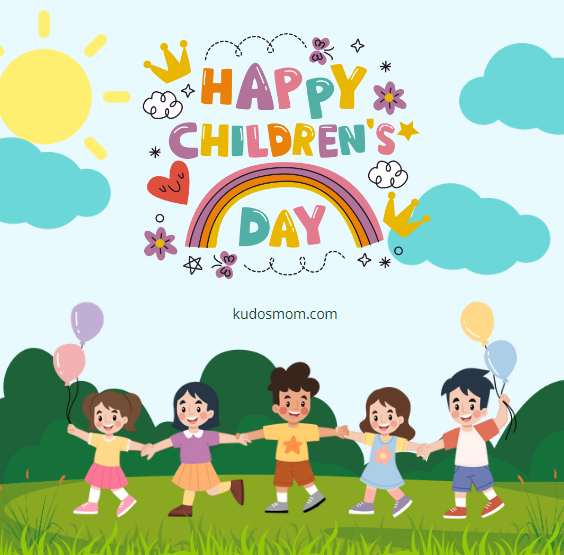
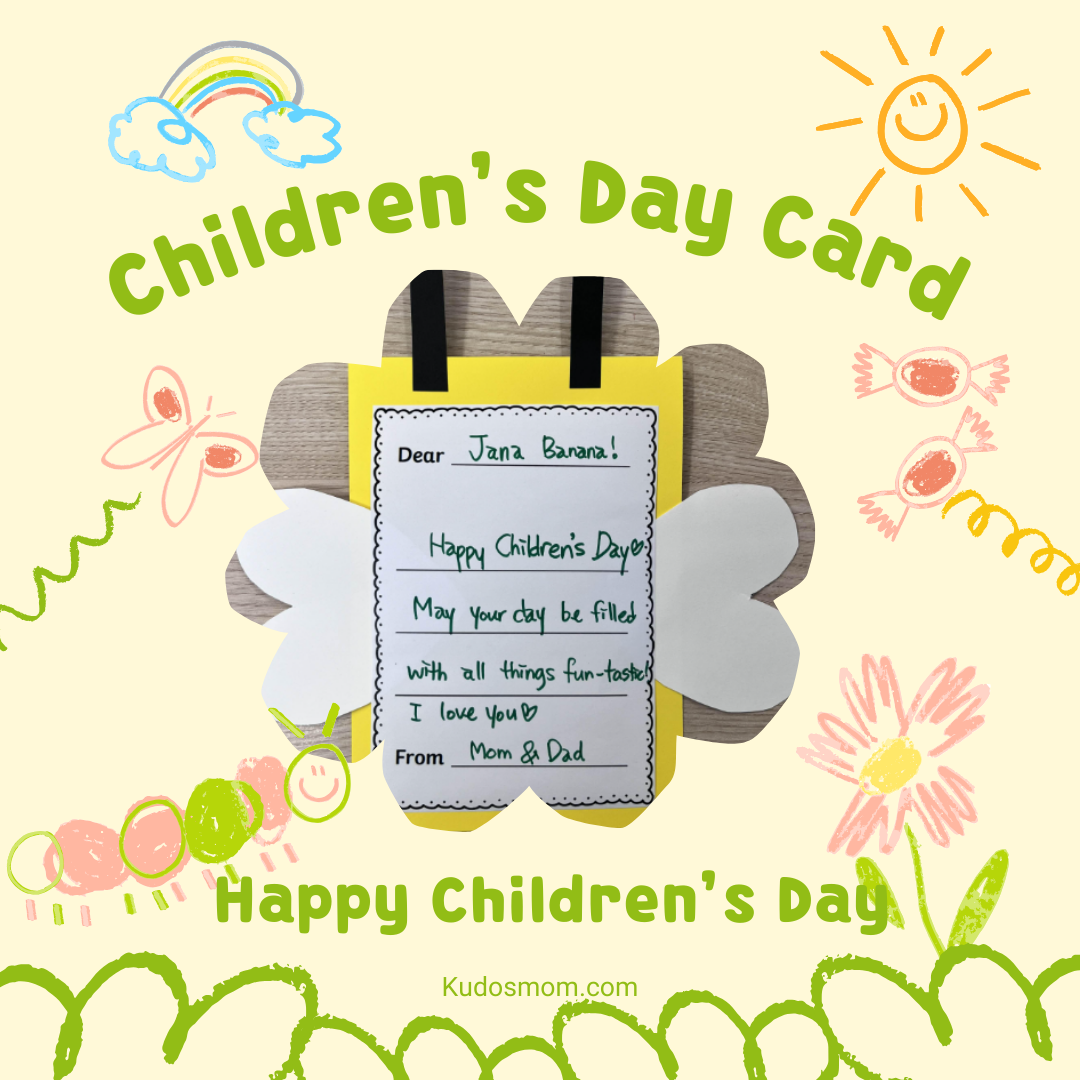
Introduction
Today, let's delve into the vibrant celebration of Children's Day in Korea. This special occasion, unlike in many other countries, holds a unique place in Korean culture, cherishing the joy and innocence of childhood.
Join me as we explore the rich history, meaningful traditions, and delightful gifts associated with this cherished day.
History and Significance
Children's Day, known as "어린이날" (Eorininal) in Korean, traces its roots back to ancient times. Established in 1923 during the Korean Empire, it was initially called "어린이절" (Eorinijeol) or "Children's Day Holiday." However, it wasn't until 1975, under the presidency of Park Chung-hee, that it became a national holiday celebrated on May 5th each year.

One significant figure associated with the establishment of Children's Day is Dr. Bang Jeong-hwan, a Korean educator and children's advocate. Dr. Bang was a pioneering figure in promoting children's rights and welfare in Korea. His dedication and advocacy played a crucial role in shaping the nation's approach to child welfare and education.
Traditions and Customs
Korea's Children's Day is marked by various traditions aimed at delighting and honoring children. Families often spend quality time together, engaging in fun activities like picnics, outings to amusement parks, or enjoying special meals. It's a time for parents and relatives to express their love and appreciation for children's presence in their lives.
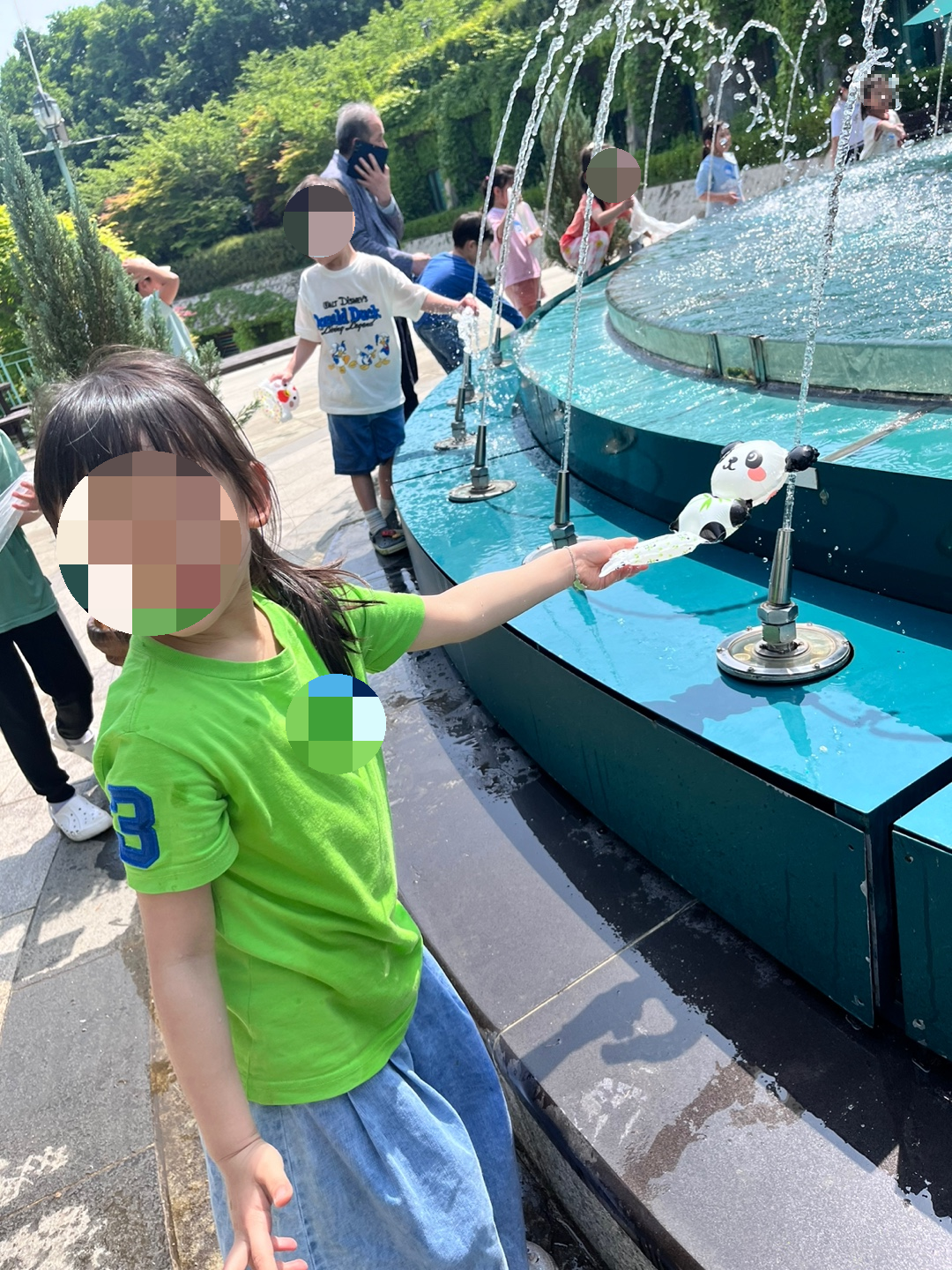



One beloved tradition is the flying of colorful kites, symbolizing soaring aspirations and dreams for the future. Parks and playgrounds come alive with laughter and excitement as children run around, playing traditional games like "윷놀이" (Yutnori) . Unfortunately, these traditional games are no longer commonly played or are rarely seen in modern times.
https://kudosmom.com/entry/Yut-Nori-A-Fun-and-Traditional-Korean-Board-Game
Yut Nori: A Fun and Traditional Korean Board Game
Looking for a fun and exciting way to experience Korean culture? Look no further than Yut Nori (윷놀이)! Recently, Starbucks Korea sold their own Yutnori game set, and I purchased one! The cover of the game set can be used as a Yutnori game board. It's
kudosmom.com
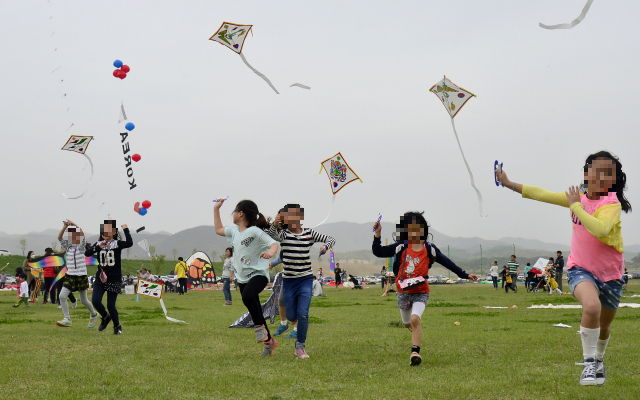
Gift-Giving
Central to the festivities are the thoughtful gifts exchanged between parents, relatives, and children. These gifts are carefully chosen to bring joy and fulfill the desires of the young ones. Among the most popular presents are toys, games, books, stationery, and stylish clothing.


Parents often take great care in selecting gifts that align with their children's interests and hobbies. Whether it's a new action figure, a captivating storybook, or a trendy outfit, the aim is to make the day memorable and special for the little ones.
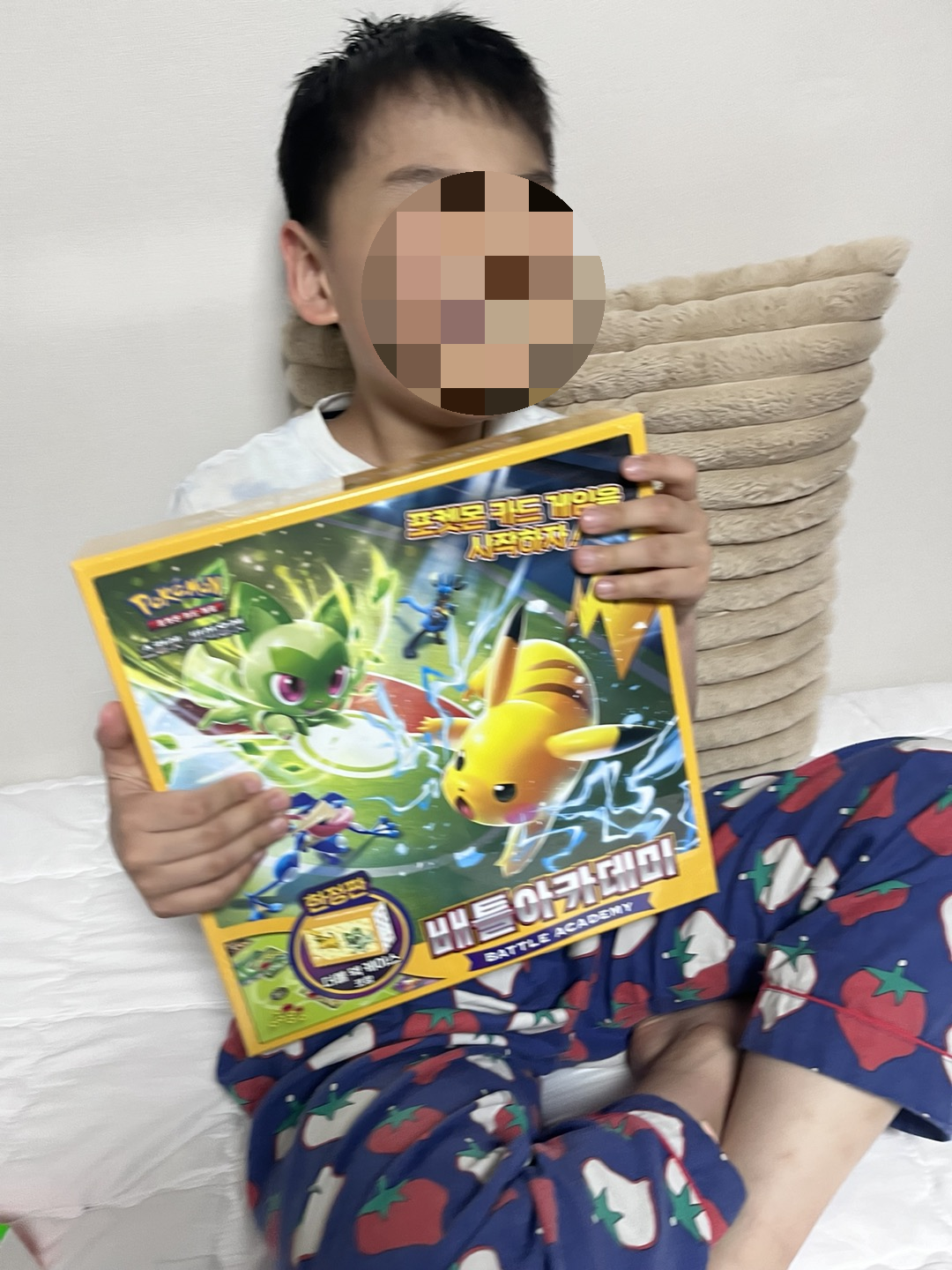
Conclusion
In conclusion, Children's Day in Korea is a cherished occasion that celebrates the innocence, happiness, and potential of children. Rooted in history and enriched by meaningful traditions, it's a day for families to come together, create lasting memories, and shower children with love and appreciation.
As we reflect on the essence of Children's Day, let's continue to nurture and support the young ones, ensuring they thrive and flourish in a nurturing and caring environment.



So, next time you hear about Children's Day in Korea, remember the joyous festivities, heartfelt traditions, and the gleeful faces of children receiving their cherished gifts. It's truly a celebration of love, family, and the precious gift of childhood.
And let's not forget the contributions of advocates like Dr. Bang Jeong-hwan, whose vision and dedication continue to inspire us to prioritize the well-being and happiness of our children.
